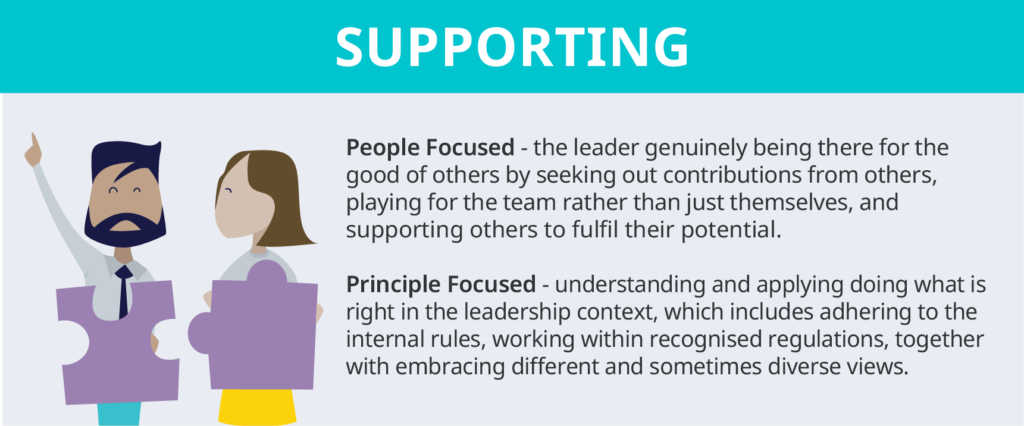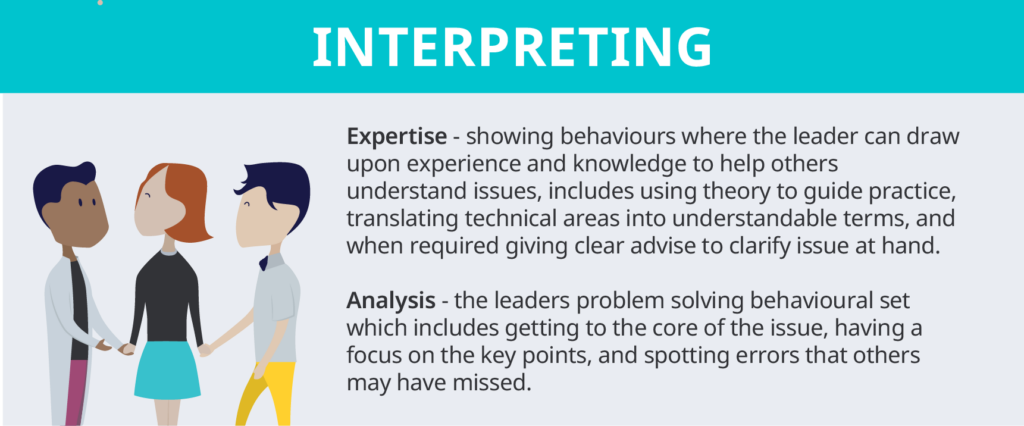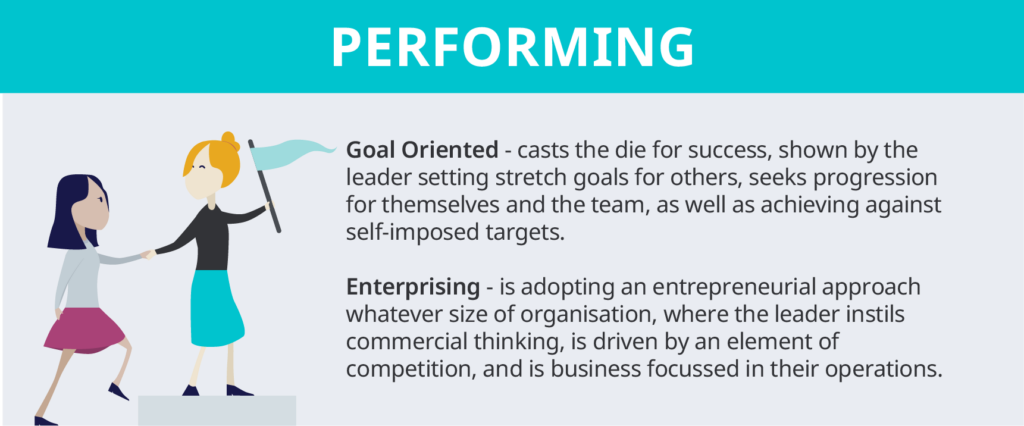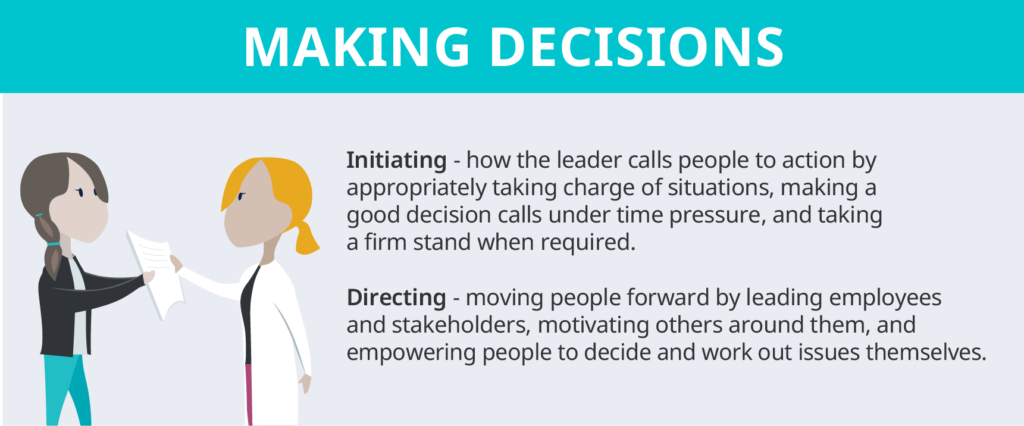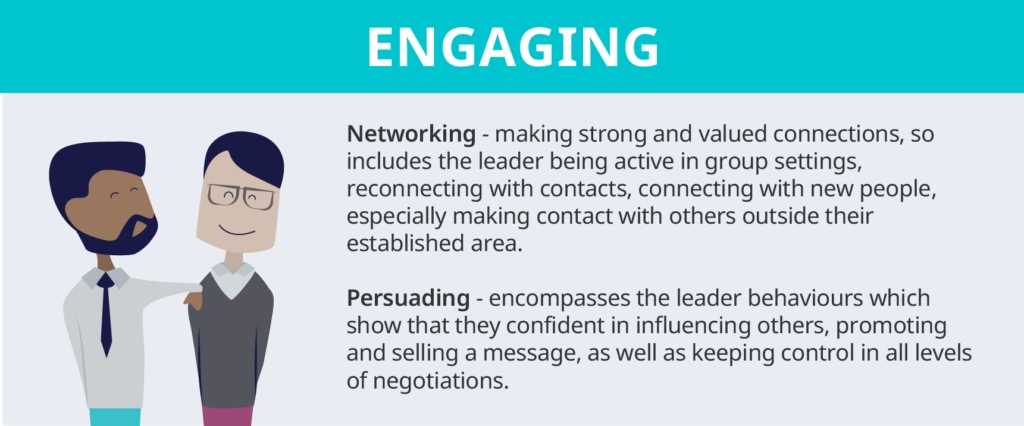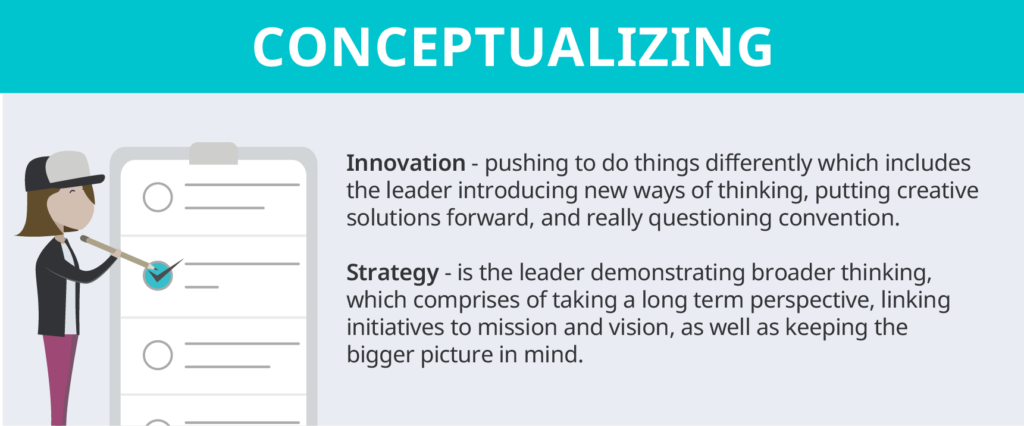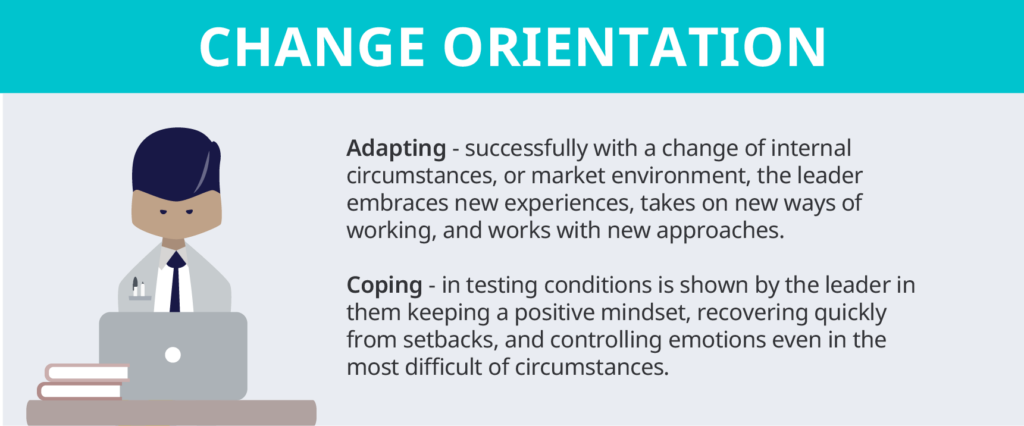
While work is just one part of our lives, it occupies a substantial portion of time and energy. As a result, the level of satisfaction someone experiences at work seeps into how they feel about other areas of their lives. The quality of a work environment and the interactions we have with our superiors can deeply affect overall well-being. And in instances where it’s a poor experience, it's not uncommon for employees to experience increased stress, reduced job satisfaction, loss of motivation, affected mental and physical health, and impacted self-perception beyond the workplace.
So how can you be a good boss? To effectively lead and support their team and the individuals within, good people managers and leaders create positive and productive work environments - environments where individuals feel respected, satisfied, and engaged. This seems simple in theory. In practice, though, it's hard; there are numerous elements involved. Just one person, the boss, has to be sufficiently skilled at all of them.
You've likely heard about the Golden Rule: to treat others how you would like to be treated. And again, in theory it seems simple, even good natured. Encourage people to consider how they would feel if they were in someone else's position and to use that understanding as a guide for how they should treat others. However, in practice, it doesn’t quite hit the mark. Others don’t really want to be treated how you want to be treated, they want to be treated how they want to be treated. This is what w call the Platinum Rule.
At McQuaig, the Platinum Rule is what we teach and share with our clients, and it’s what we work by. It helps to inform our work practices, our approach to internal communication and even who we assign to what project.
When we consider the characteristics that make a good manager, the list is long. In addition to that, the elements also need to be put into action at the right time. It’s a lot of plates for one person to spin, and unsurprisingly many people managers fail the 'good boss' test, not from lack of want, but from being overwhelmed. Implementing the Platinum Rule can help to simplify a large portion of what it takes to be a good boss. Simply treating others how they want to be treated, and letting this inform how, when, and why you do what you do to lead them takes much the complexity and effort out of a being a good boss. To understand how others want to be treated, a leader can and most definitely should initiate the conversation with the individual. However, it’s good to be mindful that their answers will depend on the individual's level of self-awareness and their ability to articulate their needs, and to keep in mind that it’s likely that they will downplay what they really need and want to appear more compliant or easy going. For insight into how to get the most out of your team members, take the time to become familiar with their unique personality traits, their strengths, and their motivators. This will provide informed and measured guidance on what to do more of, what to do less of, and where to monitor for maintenance. More intentional employee/manager relationships provide the scaffold for positive and fulfilling workplace cultures, and empower individuals to succeed in life inside and outside of work hours.

